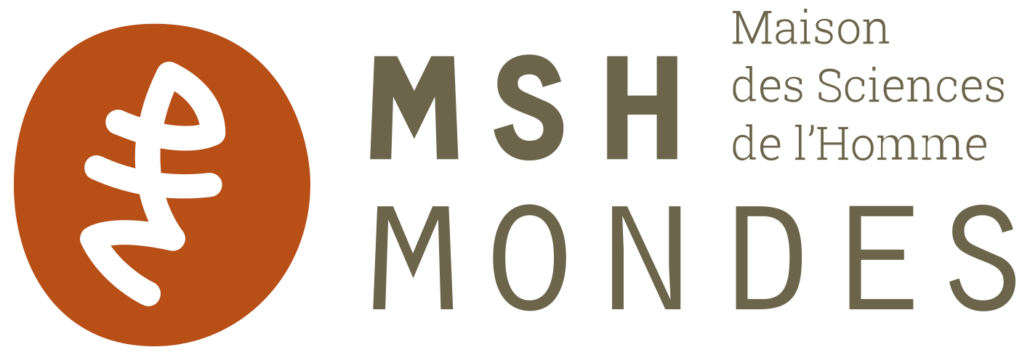| Current library | Call number | Status | Date due | Barcode |
|---|---|---|---|---|
| Lyon : MOM - Bibliothèque de la Maison de l'Orient et de la Méditerranée Libre accès | TXT PA3022.E62. N6 2016 (Browse shelf(Opens below)) | Available | 144452 | |
| Nanterre : MSH Mondes - Bibliothèque d’archéologie et des sciences de l’Antiquité | F.150/374 EPIG (Browse shelf(Opens below)) | Available | BMRG26617 |
Bibliogr. p. [413]-454. Index [455]-482
The Epigrammata Bobiensia are a collection consisting of 71 poems written between the fourth and fifth century d.C. This book offers new answers to old and fundamental questions, such as the identity of the authors of anonymous texts, the original extent of the collection, and the disposal of the same epigrams. The collection deals with a huge variety of epigrammatic themes and genres: while translations are chiefly from the Greek, the main and most valuable epigrams are those written by the poet Naucellius. All the authors belong to an educated pagan environment associated with Symmachus, but gravitating toward Ausonius. The absence of polemical accents and the search for balanced expressions fit well with this pagan elite, for whom the literary revival of classic models is a rhetorical exercise and an instrument of cultural affirmation. The importance of Epigrammata Bobiensia consists preeminently in the fact that they appear as the most emblematic cultural product of Late Antiquity. [Site de l'éd.]








There are no comments on this title.